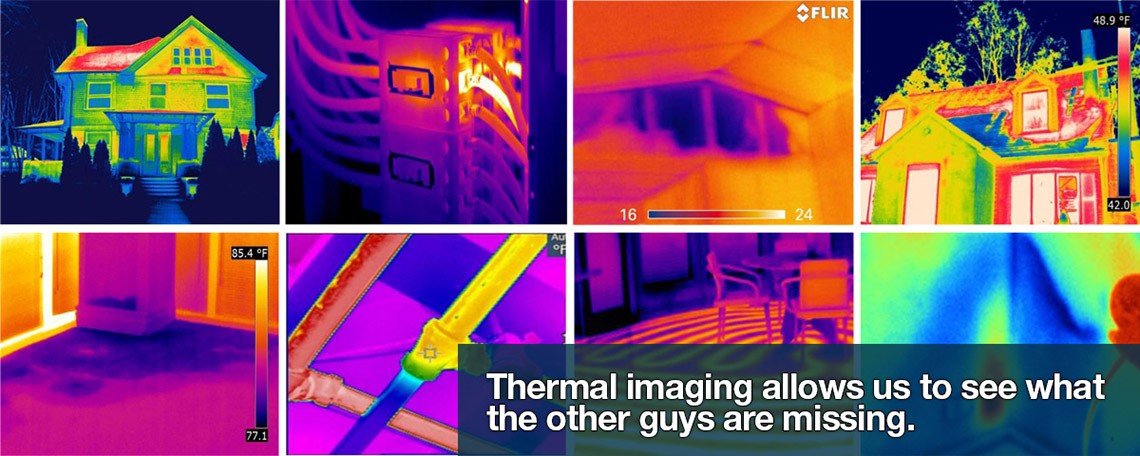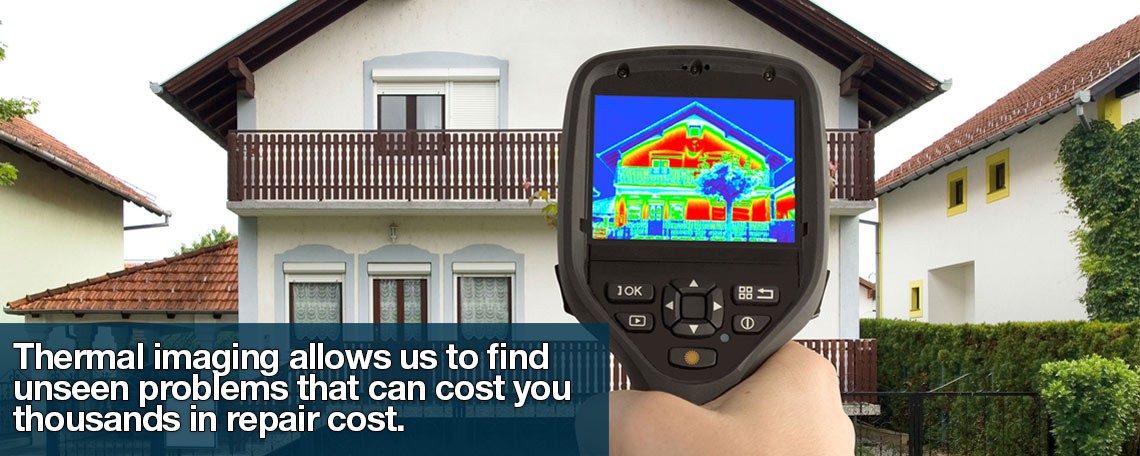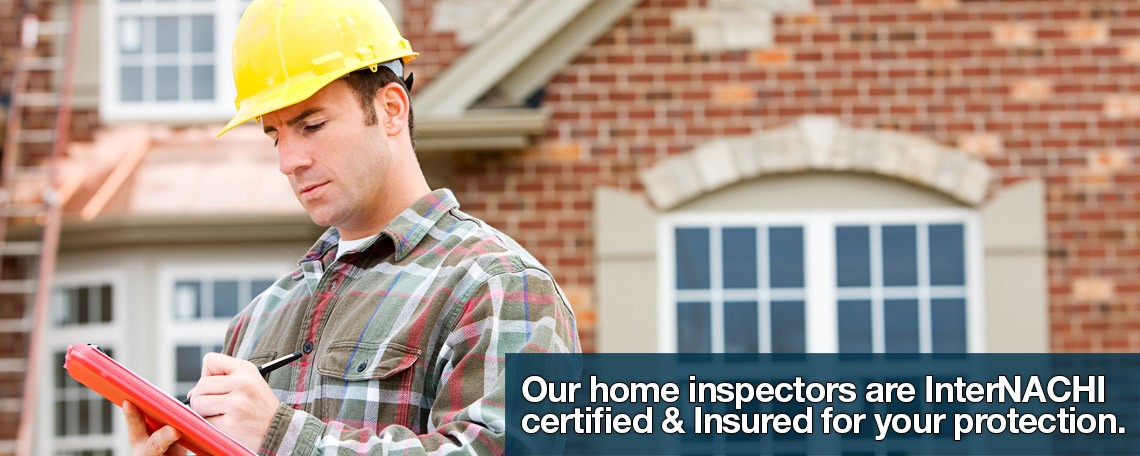
After months of sitting on the market, you finally have a family interested in buying your home. Now, you have to pass the dreaded home inspection.
Home inspections sound scary, but they are necessary before any sale. Needless to say, there are always tips and tricks to pass any inspection. Therefore, I have come up with 13 easy tips for winning your next home inspection. If you complete each recommendation, you can rest assured that your home will pass the inspection and sell before you know it.
1. Be Honest with Inspector
First off, the home inspector should ask if there are any major issues with the home. Be honest and tell them what you know. They will find the issue either way. Worst-case scenario, they find an obvious issue and tell the potential buyers. The buyers now see you as a dishonest seller and may reconsider, even if the home passes the inspection. As always, it’s better to be honest up front.

2. Check Roof and Foundation
These are two budget killers when it comes to home improvement. Before the inspection, check your roof and foundation. If there is a doubt that something is wrong (like a leak in the roof), you should call a local contractor to come have a look. They can estimate the cost of the repair and see if it’s a big issue or not. By having this done before the inspection, you are saving the potential buyers a huge worry.
3. Check Drainage
Your roof plays a key role in your drainage. If faulty, poor drainage can ruin your foundation. In fact, poor drainage is the No. 1 problem home inspectors find.
Make sure your downspouts lead water away from the home. They should be thick and long enough to handle large amounts of water. Especially in areas of heavy rainfall, downspouts of 3X4 inches are highly recommended. If your current downspouts are not meeting these basic guidelines, you should think about extending them, a simple DIY project.
4. Remove Clutter Around the Home
Sometimes, a happy home inspector can make all the difference. Therefore, make sure it’s easy to move freely about the home. If you have heavy boxes in front of the attic or around the furnace, move them before the inspection. Clutter can’t hide home issues, but it can certainly make for an unhappy inspector and longer examination.
5. Make Sure Floors are Even
Get up to 4 Free Quotes!
Sometimes, the smallest crack can cause uneven floors. To test it out, use the age-old tactic of rolling a marble. If it moves, it’s uneven.
While this could signal a larger foundation issue, oftentimes, it’s just the design of an older home or a rotten joist/subfloor. Like the roof, I recommend getting an estimate for the fix. Repairs could run as low as $300, but according to our floor repair cost estimator, expect to pay somewhere around $750 to repair your floors.
If your project isn’t too expensive, fix the issue before the home inspection.

6. Monitor the Exterior
Homeowners care about their curb appeal and that means the home inspector will examine the exterior as well. They will look at the landscaping, grading, driveways, fences, windows and sidewalks. Other than a major grading or driveway issue, all these issues can be fixed yourself. Do yourself a favor and make sure your home’s exterior looks better than ever.
7. Check Electricity
While I highly recommend hiring a professional electrician to check the entire house, there are small fixes you can make. First off, organize the wiring if it’s visible. Then, make sure all light bulbs are changed. If one is out, an inspector or potential buyer could attribute it to faulty wiring. Repairing an electric system can get expensive for some, but make sure your circuit breaker, light fixtures and all wiring are up to code.
8. Provide Documentation for Repairs & Maintenance
If you’re going through all this work to pass a home inspection, you want potential buyers to take notice. When it comes to big, expensive projects like fixing a roof or repairing an electric system, buyers need proof. Therefore, after you fix or repair anything in your home, keep the receipt. This way, even if the home inspector does find an issue, you can go back to the contractor and find a reasonable and inexpensive solution.
9. Check HVAC
Winters are getting colder and gas prices are rising. It’s more important than ever to have an efficient HVAC system. The home inspector will look at your furnace, boiler, heat pump and/or air conditioner. They will make sure the heat or air is reaching its intended location and not exiting the home.
If you believe your HVAC is working great and your home inspector says something is faulty, show them your utility bills. If they’re about average for the area, chances are, your HVAC is working just fine.
10. Make Sure Home is Insulated
Speaking of HVAC, ventilation and insulation can create higher gas bills and other HVAC-related issues. First, go up to your attic (if you have one) and make sure there is enough padding and insulation. Some may fall off or wear down over the years. Inspectors will notice, so make sure you fix it right away. Then, go around your house and make sure no air is entering the home. Whether you have to caulk your windows or tighten the door hinges, make sure no air is entering or leaving the home.
11. Empty Appliances
This may seem like a very minor detail, but just like removing the clutter, homeowners should empty the dishwasher, laundry and clean the stove before any home inspection. They will check all these appliances and no one wants to touch dirty clothes or pots (especially when they are not yours).
12. Check the Garage
Whether you use your garage for storage or actual parking, you want to make sure your garage door and all the lights are working correctly. Fixing a garage door is not expensive and if it is broken, the buyers will insist on you fixing it.
13. Go Away & Take the Kids
Home inspectors need to be honest with the potential buyers and they’ll feel much more comfortable with the seller out of the home. Additionally, the buyers should be comfortable asking the inspector anything they wish. You can bet they’ll feel safer with the sellers out of the home.
Conclusion
While some of these tasks may require the help of a professional, others are very simple and easy DIY tasks you can accomplish. Once completed, you can rest assured knowing your house will pass any home inspection.





